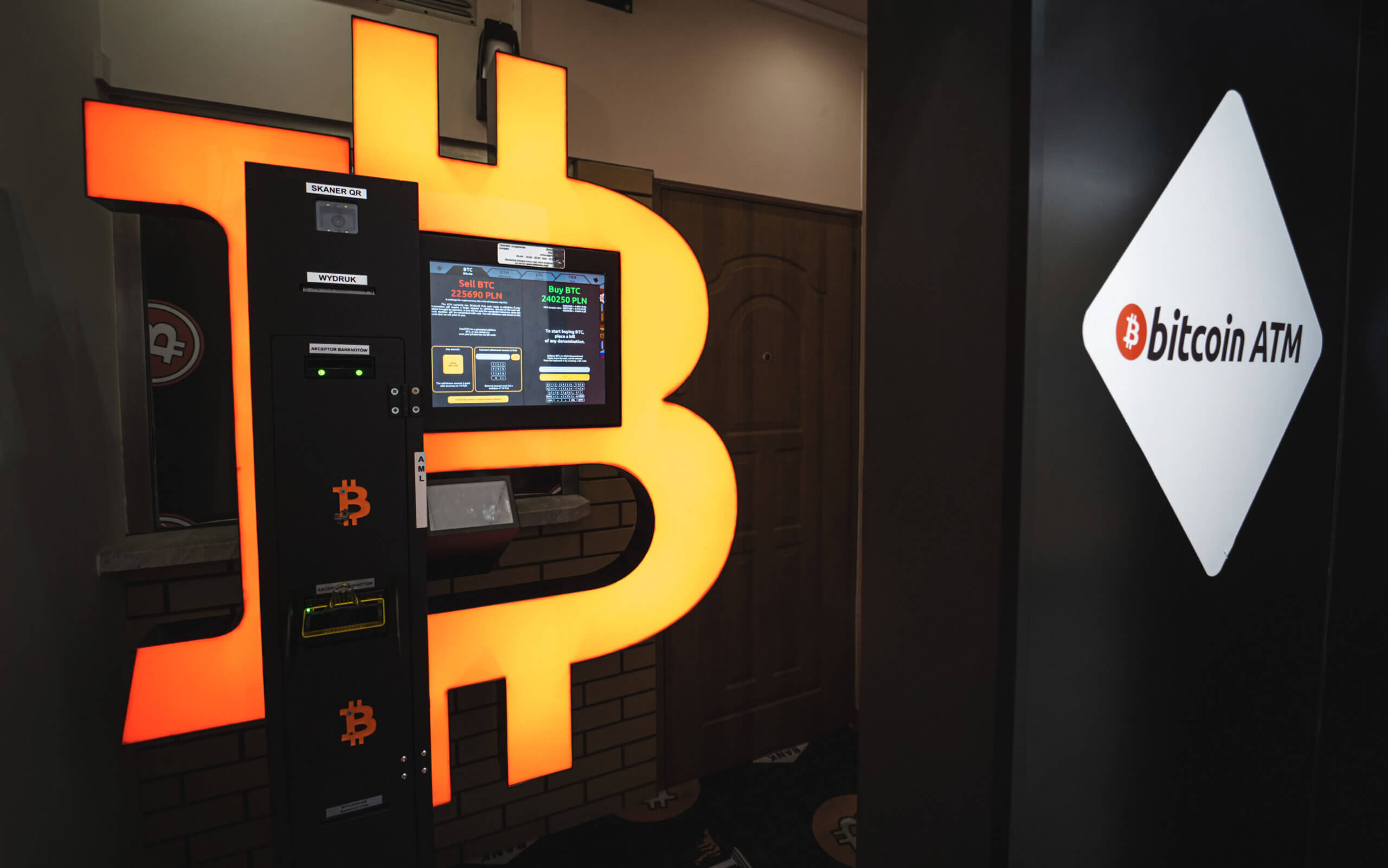Bitcoin, the popular digital currency, has opened new avenues for online transactions and investments. While its decentralized nature offers benefits, it has also created opportunities for scammers to exploit unsuspecting individuals.
With the growing prevalence of Bitcoin ATMs (also known as Bitcoin kiosks), it’s essential to be aware of the potential scams and take necessary precautions.
What Is a Bitcoin Scam?
Bitcoin scams involve scammers luring victims into parting with their money under false pretenses, often involving Bitcoin transactions.
One common tactic that scammers use to get away with this is to promise job opportunities or investment opportunities, which require the victim to purchase Bitcoin through an ATM. Once the money is converted to Bitcoin, the scammers disappear, leaving the victim without the promised job or investment returns.
How to Help Avoid Bitcoin ATM Scams
1. Don’t Give into the Urgency
Scammers often create a sense of urgency, claiming that the opportunity is a “once-in-a-lifetime chance” or that immediate action is required. For example, if someone you’ve never met pressures you to invest large sums of money in Bitcoin, it’s most likely a red flag, and you should walk away.
2. Think Before You Send Cryptocurrency
Unlike traditional payment methods, cryptocurrency transactions are irreversible. Before sending cryptocurrency, thoroughly research the company or individual you’re dealing with and consider seeking a second opinion from trusted sources.
3. Verify Payment Requests First
When asked to send money via email or text message, you should verify the source and destination of the funds before proceeding. Carefully examine the request and follow the trail to help ensure you’re not being scammed.
Regulatory Changes to Help Prevent Bitcoin Scams
Luckily, to help combat Bitcoin ATM scams some states have introduced regulations that limit daily cryptocurrency ATM transactions. These changes aim to provide victims with a window of opportunity to research and verify transactions before committing significant funds.
For example, California recently implemented a daily transaction limit of $1,000, down from the previous $50,000 limit.
Bottom Line
The rise of Bitcoin and cryptocurrency has brought in a new era of financial innovation, but it has also presented new opportunities for scammers to take advantage of people.
As Bitcoin ATMs become more prevalent, it’s important to be careful and remain vigilant against potential scams. Always verify the legitimacy of investments or job opportunities involving Bitcoin transactions, and never feel pressured to act hastily. You should also follow best practices, such as verifying payment requests, researching companies thoroughly, and seeking trusted advice.
Prevention is the best defense against falling victim to scams. Stay ahead of threats and find out when your personal information is exposed with IdentityIQ identity theft protection services.
FAQs
Can I trust Bitcoin ATMs?
Bitcoin ATMs can be a convenient way to buy and sell Bitcoin, but there are some risks to consider. Bitcoin ATMs are not regulated by the government, so there is no guarantee that your money will be safe. Before using a Bitcoin ATM, it is important to do your research and choose a reputable operator.
How do I know if I’m being scammed with Bitcoin?
Here are a few red flags to watch out for:
- Being pressured to act quickly. Scammers will often try to pressure you into sending them Bitcoin before you have a chance to think about it.
- Guaranteed profits. If someone is promising you guaranteed profits from Bitcoin, it is a scam.
- Requests for payment in Bitcoin. Legitimate businesses typically will not ask you to pay for goods or services in Bitcoin.
If you are ever unsure about whether something is a scam, it is always best to err on the side of caution.
Here are some additional tips to help you stay safe when using Bitcoin ATMs:
- Only use Bitcoin ATMs from reputable operators.
- Be sure to inspect the ATM for suspicious attachments before using it.
- Never share your private key with anyone.
- Be aware of the fees associated with using Bitcoin ATMs.
- If you see something suspicious, report it to the operator of the Bitcoin ATM.

